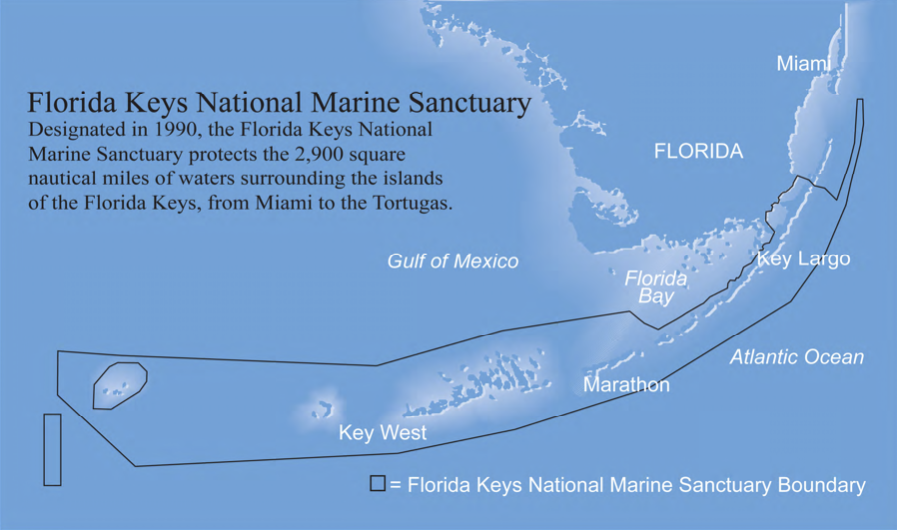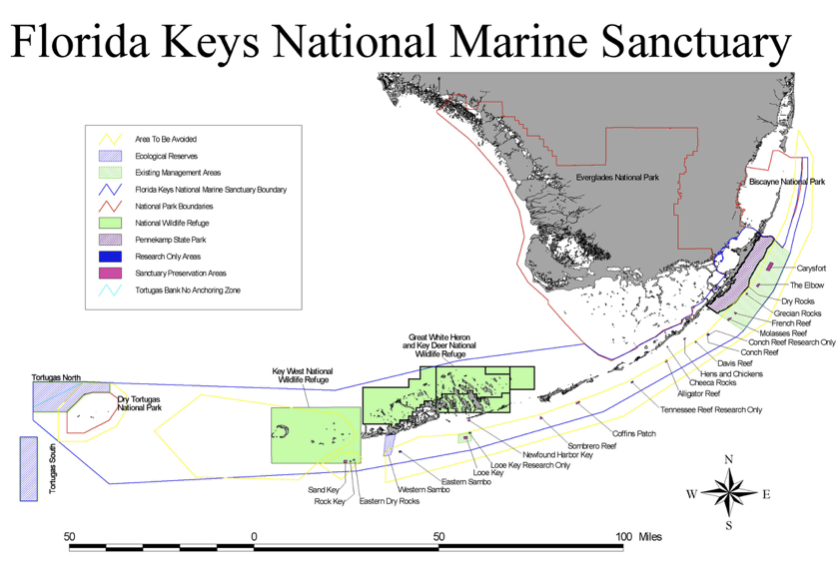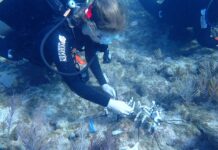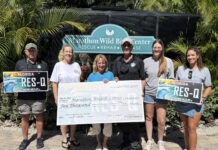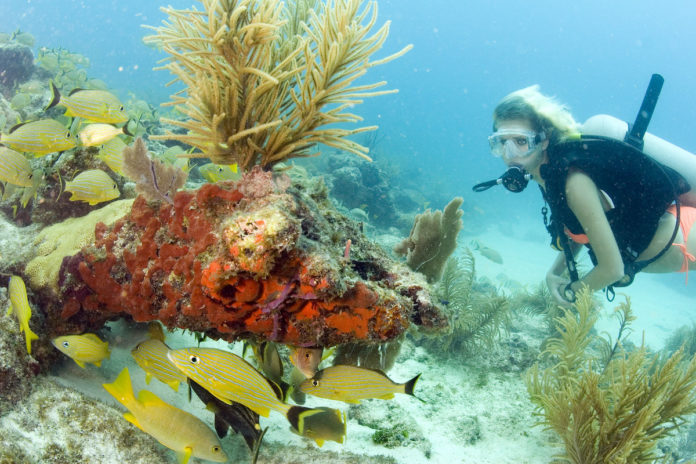
Organized opposition to the marine sanctuary’s draft management plan is gaining momentum.
Having reviewed the 1997 legislation that formed the Florida Keys National Marine Sanctuary, Key West attorney David Paul Horan said the governor of Florida has the authority to veto any parts of the sanctuary’s management plan that pertain to state waters.
Now, a group of Keys-based charter boat captains, recreational boaters, fishermen and others, led by Horan, has hired a powerful lobbying firm to persuade the governor to do just that.
The All Keys Boaters’ Alliance last month hired The Southern Group lobbying firm to meet with Gov. Ron DeSantis and his staff to encourage him to oppose and veto the sanctuary’s proposed new management plan, which is still in draft form.
Horan points to a 1997 agreement between the state of Florida and the federal National Oceanic and Atmospheric Administration (NOAA) outlining the powers and authority of the state and the federal governments in creating and managing the Florida Keys National Marine Sanctuary, which 55% of Keys voters opposed.
The agreement states, “The Florida Trustees have not conveyed title to or relinquished authority over any state-owned lands or state-owned resources by agreeing to include state-owned lands and state-owned resources within the sanctuary boundary.”
The state of Florida’s trustees include department heads such as the state treasurer, the commissioner of agriculture, the commission of education and others appointed by the governor, Horan said.
State waters extend either three or nine miles from land, depending on the location, Horan said, adding that state waters make up about 90% of the marine sanctuary.
“In a May 19, 1997 document between the State of Florida and the Sanctuary titled: ‘Co-Trustees Agreement for Cooperative Management,’ two provisions of that document are of vital importance to us all,” Horan said. “Section 4(A) states: The Sanctuary Management Plan applies to both state and federal waters … except those terms (restrictions) certified by the Governor of Florida as unacceptable; and Section 4(E) states: Any amendments to sanctuary regulations require the approval of the governor on behalf and with the approval of the Florida Trustees in order to be effective in the state’s waters and submerged lands.
“This means Governor DeSantis has the power to stop any future sanctuary restrictions,” Horan said. “And any amendments that are proposed require the state’s approval in order for them to apply in state waters.”
He added that the All Keys Boaters Alliance, which also includes Rick Gage and Tony Nalli, has retained The Southern Group lobbying firm “to set up meetings with Gov. DeSantis and members of the Florida Trustees.”
Upon learning of the alliance’s actions, local sanctuary officials declined to comment except to emphasize that the new management plan remains in its earliest draft form and will be revised once the current public comment period ends on Jan. 31. The release of the next draft will trigger another public comment period.
But Kris Sarri, president of the National Marine Sanctuary Foundation, a support organization for marine sanctuaries, said, “Maintaining the status quo is harmful to the Florida economy, the quality of life of residents and the marine environment. We must work cooperatively at the local, regional, state and national levels to protect and restore this iconic place through the stakeholder-driven public process. Narrow special interests that disregard the long-term health of the environment and the economy should not dictate the outcome.”
The public comment period for the sanctuary’s Restoration Blueprint runs through Jan. 31. Comments may be submitted online at regulations.gov and by mail to Superintendent Sarah Fangman, 33 E. Quay Rd., Key West, FL 33040. Specific proposed regulations are available online at floridakeys.noaa.gov/blueprint.












